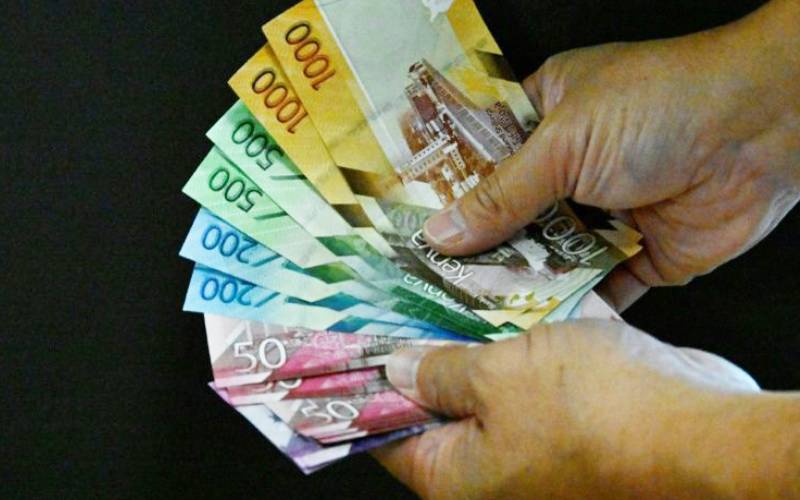×
The Standard e-Paper
Home To Bold Columnists

Last week a man walked into a Nairobi car yard and paid for a luxury Mercedes with a mountain of 1,000 shilling ($10/9 euros) banknotes, desperate to offload cash that within days would be worthless.